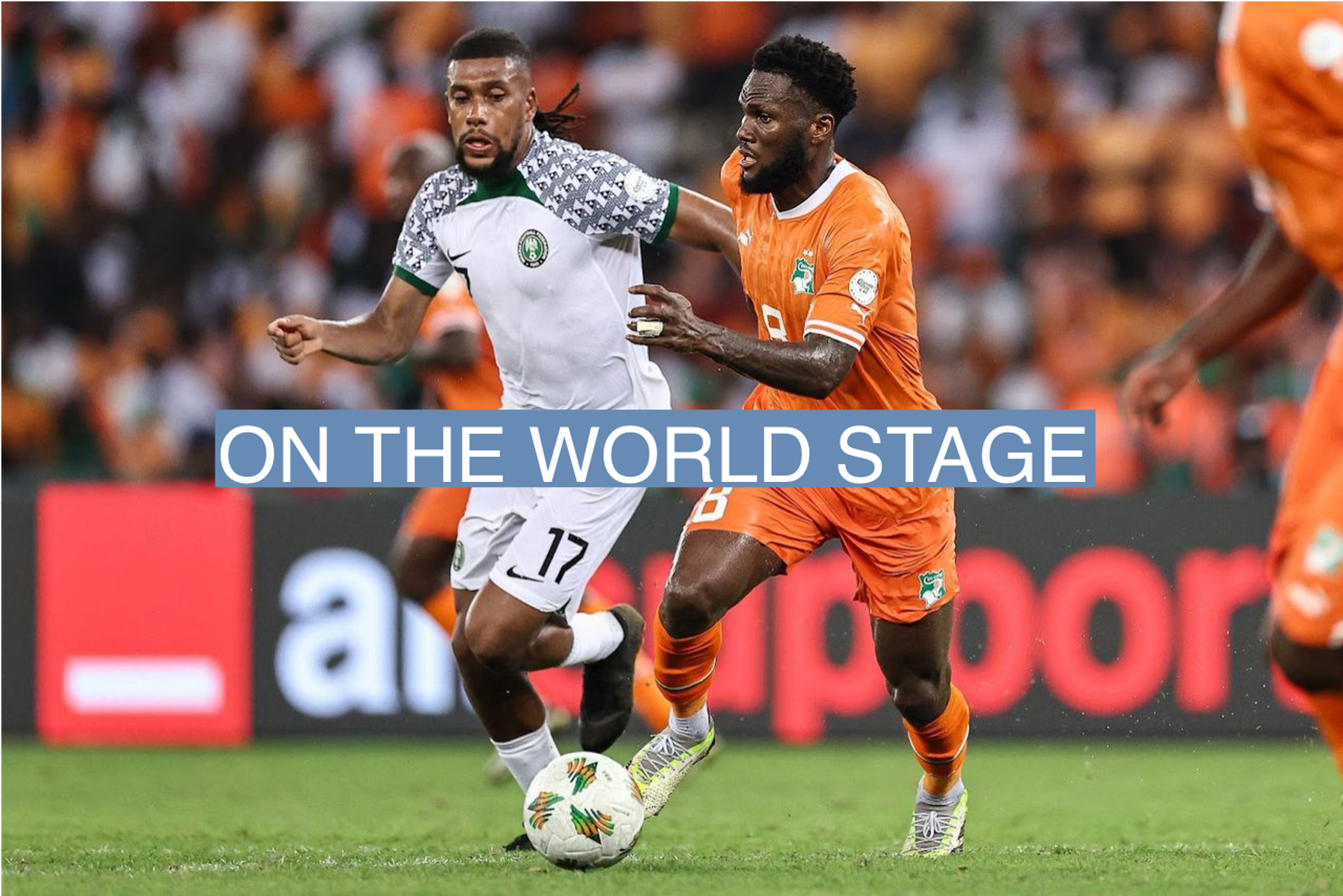The News
Nearly 2 billion people watched the Africa Cup of Nations (AFCON) 2023 over the past month, according to Patrick Motsepe, president of the Confederation of African Football, at a press conference in Abidjan, Côte d’Ivoire.
Analysts say the AFCON’s global viewership, online engagement and commercial revenue are all expected to grow significantly compared to previous editions thanks to expanded broadcast rights and media coverage, an uptick in commercial partnerships, and the impact of social media. Matches were aired in around 180 countries spread of deals with partner broadcasters including Sky, Canal+, beIN Sport, BBC and MultiChoice, as well as 45 Free To Air broadcasters. Some 6,000 journalists applied for media accreditation, double the last AFCON in Cameroon in 2022.
London-based market research firm GlobalData estimates that CAF will earn around $75 million in sponsorship revenue from this year’s AFCON. This year’s AFCON had 17 commercial partners including title sponsor TotalEnergies, 1xBet, Orange and Unilever.
James Torvaney, managing director of Africa-focused sports media group Pulse Sports, told Semafor Africa that there were “far more deals and far more coverage (of AFCON) than there ever has been before.”
Social media, particularly TikTok, Twitter and Instagram, also helped drive visibility for teams, brands and federations alike, according to new data by sports market intelligence platform #AfricaScores.
In this article:
Know More
UK-based sports data company Opta crowned it “the most exciting AFCON ever”, noting that the goals-per-game rate of 2.47 in the group stages was the highest in 15 years.
The participation of some of the biggest names in global football, such as Mohammed Salah, Sadio Mane, Victor Osimhen and Andre Onana, also helped drive global interest in the continental showpiece.
Martin’s view
CAF, which hired sports marketing powerhouse IMG to secure its global broadcast deals and corporate sponsorships, deserves credit for making it easier for fans around the world to engage with AFCON. The success of this year’s AFCON will not only attract more sponsors and broadcasters to future editions, but also put CAF in position to negotiate bigger, more lucrative commercial agreements.
“Right now there’s a way to watch AFCON anywhere in the world, that wasn’t always the case,” said Ndeye Diarra Diobaye, founder of #AfricaScores.
The impact of social media also cannot be ignored. From rival fans enjoying online banter and sharing viral moments to major football accounts like UEFA Champions League posting about the tournament.
Hosts Côte d’Ivoire, who reportedly spent $1 billion to host the tournament, are the other big winners, regardless of how it goes for the Elephants in the final against Nigeria’s Super Eagles. The country’s ambitions to boost itself as a finance, tourism, and culture hub would benefit from a memorable AFCON.
Much more, however, needs to be done for AFCON’s viewership and revenues to match or surpass continental competitions such as the EUROs. Large swaths of empty seats during some matches remind long-time watchers of the limited access fans have had to tickets during this tournament. The situation has been blamed on bulk ticket purchases.
Even when the tickets were easily available there’s also the logistical and cost challenges for fans from other countries to make it halfway across the continent. Torvaney suggested that it is essential to make intra-African travel more convenient and affordable for fans to follow their teams around the continent, and for CAF to pursue opportunities in streaming.
Lastly, for the vast majority of fans watching at home across Africa, and around the world, confusion surrounding media agreements, some of which were sealed just days before the tournament could undermine global visibility of future tournaments. These will all need to be addressed pretty quickly ahead of next year’s tournament.
